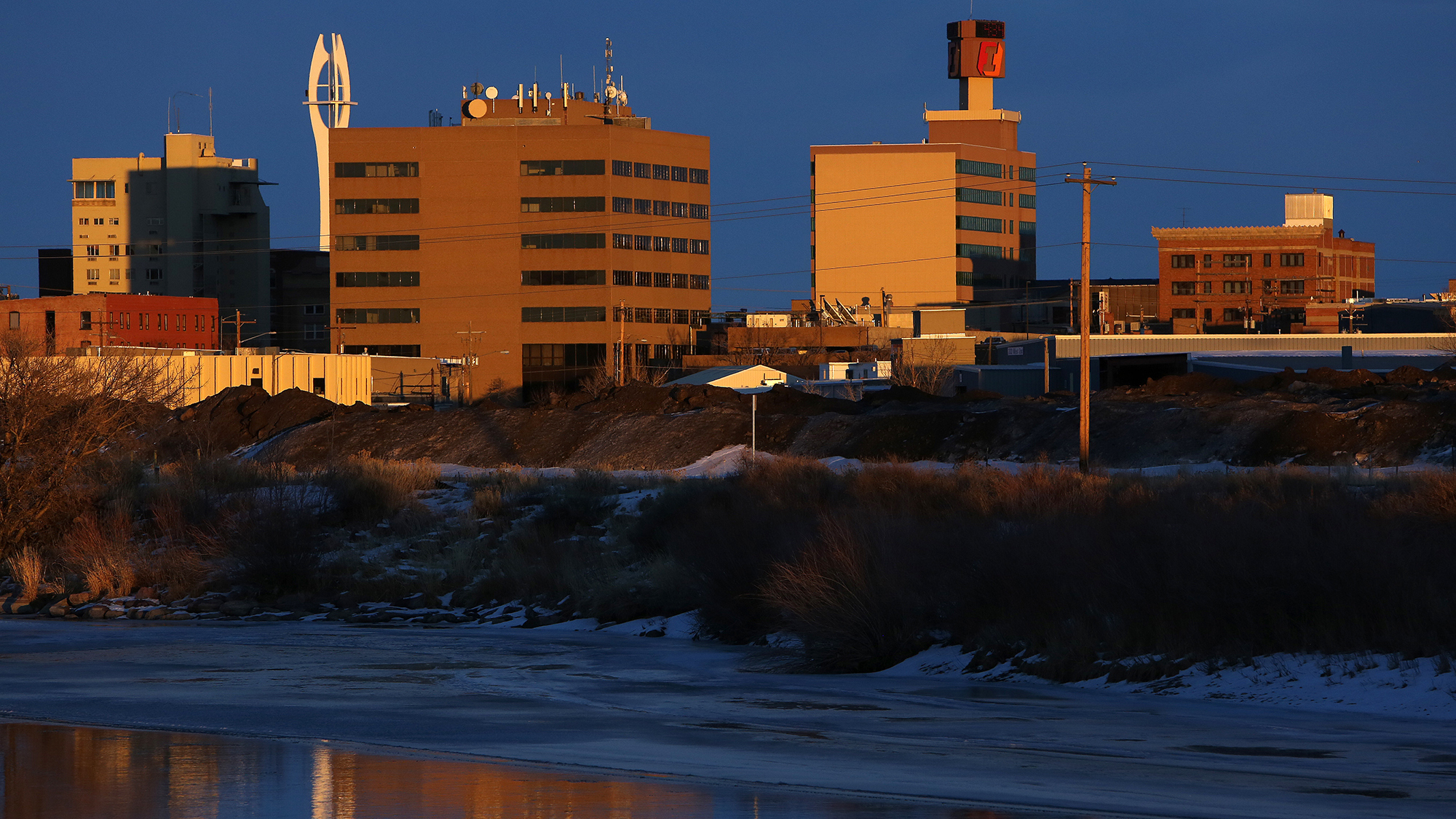Health Trust denial prompts indignant email from Rescue Mission

CASPER (WNE) --- The Wyoming Rescue Mission’s stance that it hires only Christians may have cost the group a $160,000 grant.
On Thursday, the non-profit organization’s director of development blasted the Natrona Collective Health Trust, another local non-profit, in an email to media outlets. In the email, Cheryl Austin alleged that three employees from the trust had taken a 1-1/2 hour tour of the mission the day before, and one had called her that day to tell her the mission would not be giving the group the $160,000 grant it had applied for.
Austin said she recorded the phone call, in which she was allegedly told that since not all Natrona County residents can work at the mission, the trust would not approve its grant application. There was no application date or deadline listed on the attachment Austin sent with her original email.
The Wyoming Rescue Mission is a 501c3 nonprofit organization that has a statement of faith, although Austin stresses in her email that it allows people of all faiths, genders and backgrounds to come into the mission and receive its services.
"We made it clear that ANYONE is welcome at the Wyoming Rescue Mission. We showed firsthand how we serve the homeless in our community, partner them with case management and back-to-work plans and provide long-term recovery programs," Austin wrote in the email.
She formatted the last sentence of the email in italicized, bold font: "I wonder how the county commissioners feel about the decisions of the Natrona Collective Health Trust to denying funding for human service agencies that serve residents of Natrona County."
Beth Worthen, CEO of the health trust, declined to comment on the dispute.
Austin, who previously worked as a reporter, later sent an apology email asking media outlets not to report the story as a favor, noting she understood that messages can't be unsent. In the email, which was carbon copied to mission Executive Director Brad Hopkins, she wrote she had "acted independently" and that Hopkins preferred private discussions with the trust.
The mission had applied for $80,000 per year for two years, the highest yearly amount the group could apply for, the grant application stated.
In the application, the health trust asked for a "statement of inclusiveness" to be included.
"Wyoming Rescue Mission is committed to ensuring that people in need from all backgrounds have unrestricted access to our services and interventions. WRM serves those in need without exclusion, applying and allowing no bias in our services. The Mission is inclusive of clients of any religion, ethnicity, race, gender identity, sexual orientation, nationality, economic status, physical ability, mental ability, resident immigration status, veteran status, marital status, or any other distinguishing factor for which discrimination might occur," its response stated.
Its hiring practices, however, are not inclusive, and the group has fought to keep them so.
In 2022, the mission sued state and federal agencies after being threatened with punishment for refusing to hire a non-Christian for a clerk position at its Rescued Treasures thrift store in 2020. In a settlement, the state acknowledged the group held a religious exemption and could discriminate based on faith, according to media reports.
After explaining the current situation, Austin asked, "How discriminatory is the action of the Natrona Collective Health Trust?"
In 2023, the mission reported to the IRS that it had $15.1 million in assets and $4.9 million in revenue – including $4.5 million in contributions and grants, according to its GuideStar profile.
In the same year, the mission spent $4.09 million, including nearly $2 million in salaries and $1.5 million on programs at its Park Street Center in Casper, providing 36,000 nights of shelter, 72,742 meals and 11,180 weekly case management sessions. The organization’s second biggest expense was its Rescued Treasures stores, which cost it $1.4 million and had $1.9 million in sales. The mission reported no employees making $100,000 or more per year, and all of its board members were uncompensated.
This story was published on April 23, 2024.








